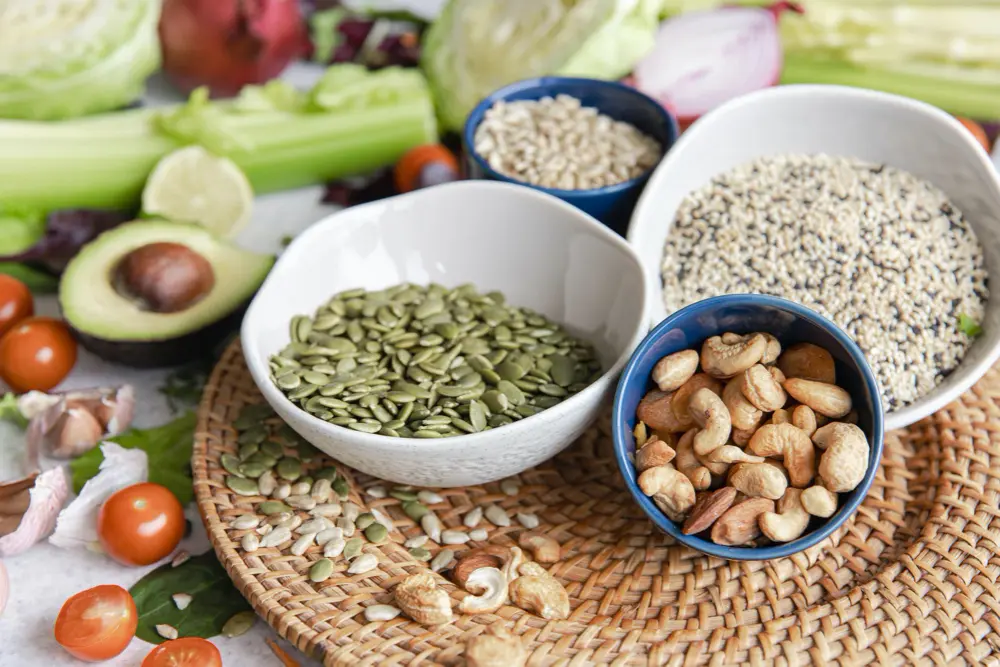Plant-based proteins are gaining considerable attention in the evolving world of food technology. A recent review article delves deep into the impact of chemical and physical modifications on these proteins, offering insights into how processes like hydrolysis, acetylation, and succinylation can enhance their functional properties.
- Hydrolysis breaks down proteins into smaller peptides, improving solubility and digestibility.
- Acetylation: this modification can alter protein solubility and nutritional properties by introducing acetyl groups.
- Succinylation: This modification changes the surface charge and structure of proteins, influencing their functional characteristics.
Functional properties of plant based proteins
Among the most important properties of protein-based ingredients are solubility, emulsifying capacity and foam capacity, representing the interaction of protein with water, air and air. These properties influence the texture, taste and other sensory properties of foods.
- Solubility. Indicates the degree to which one compound is dissolved into another. In the case of food ingredients, this solubility is typically related to water solubility.
- Emulsifying capacity. This property describes the ability of the food ingredient to create emulsions (two liquids with different solubilities, where one is as tiny drops suspended in the other before a phase inversion occurs. Protein-based ingredients form a film surrounding the oil droplets in a medium that avoids changes like sedimentation or coalescence.
- Foaming capacity. This capacity is the ability of an ingredient to form foams (composed of a gas dispersed in a solid or liquid).
Benefits and Applications

Modified plant proteins show improved solubility, better emulsifying performance and foaming capacities, and enhanced nutritional profiles. These improvements open doors to a broader range of applications in food products, from dairy alternatives to meat substitutes.
Patents and Regulations
The review also highlights the growing number of patents in this field, signaling increased innovation and commercial interest. It underscores the importance of understanding regulatory frameworks crucial for ensuring safety and consumer trust.
Future Trends for plant-based options rises
As demand for plant-based options rises, so does the need for proteins with tailored functional properties. The industry is likely to see more research and development in this area, focusing on sustainability and nutrition.
The modifications of plant-based proteins are not just a scientific advancement but a gateway to more sustainable and diverse food options. This article sheds light on the technical, regulatory, and future aspects of this exciting field, promising a new era in food technology.
For more information visit the review article: Impact of Hydrolysis, Acetylation, or Succinylation on
Functional Properties of Plant-Based Proteins: Patents, Regulations, and Future Trends


